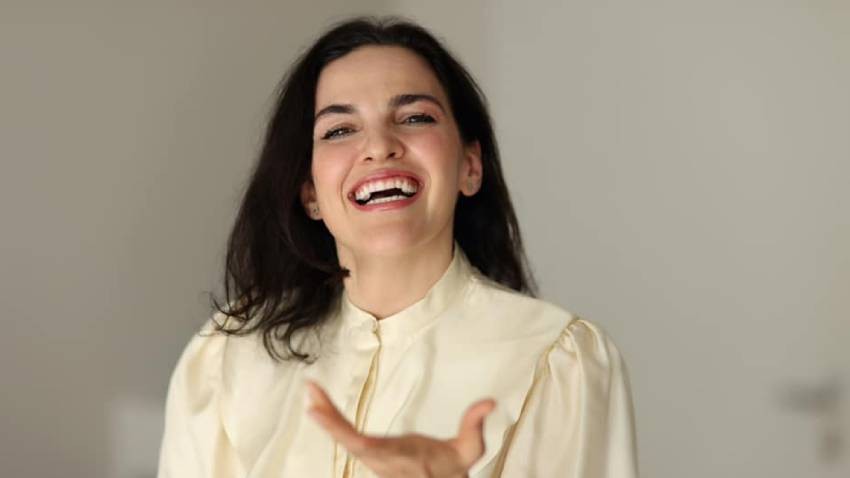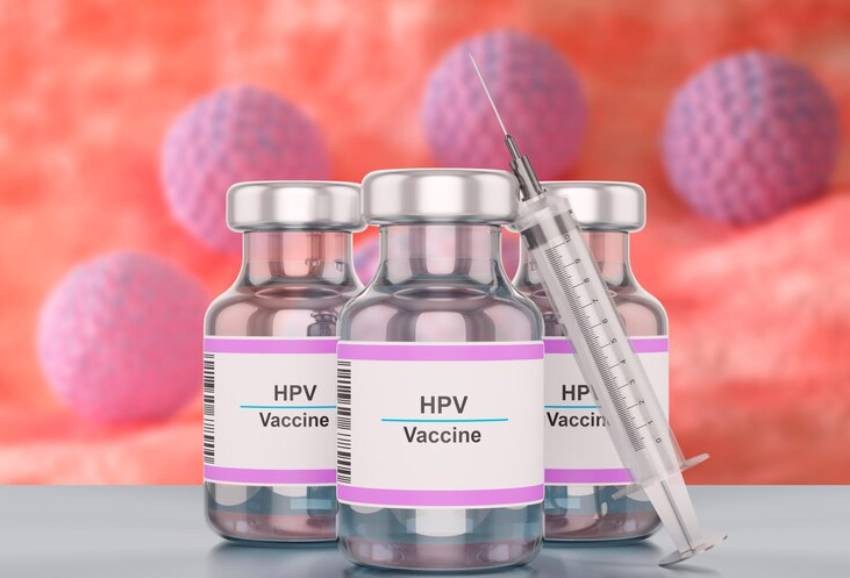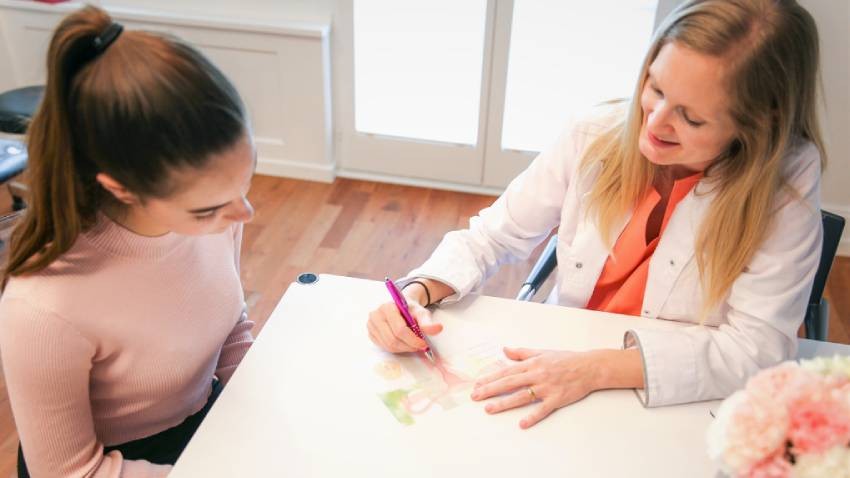80% of the sexually mature population of the world has already encountered the human papilloma virus (HPV). This startling percentage gives doctors reason to say we are faced with the challenges of the most widespread sexually transmitted infection. Out of the 100 types of HPV there are viruses considered to be high-risk, capable of causing atypical tissue changes and even cancer after years of constant infection. It is a proven fact that up to 99% of the cases of cervical cancer show genetic material of the virus. Cervical cancer is the second most widespread type of cancer among women aged 15 to 44 in Europe, with 325.3 million women at risk of the disease every year. Over 61,000 women are diagnosed with this disease every year, and close to 26,000 die of it.
The problem in Bulgaria is even more serious. The mortality rate in this country is double the average for the EU (9/100 000 versus 5/100 000), and whereas in the EU the tendency is towards a drop in HPV mortality, in Bulgaria the tendency is towards an increase. Bulgaria is third among European countries in mortality (after Romania and Moldova). To bring attention to this problem, a national primary prevention programme has been developed for the 2021-2024 period.

“However, people are not sufficiently well informed about the risks HPV entails,” says Dr. Alina Staikov, a gynecologist with years of practice in Zurich, Switzerland. She says that the infection can lead to a number of tissue changes which may not be lethal but if the infection continues over years, the virus could create conditions for the development, including of cancer cells in women as well as in men.

According to Dr. Alina Staikov and her team, the way to combat the infection is to raisе awareness and prevention by reaching out to more people, especially when the virus is a danger mostly to young people. To help the information reach a wider audience, Dr. Staikov launched an HPV infection prevention campaign. Besides media appearances, the campaign features a multimedia element especially targeted at the young. Interestingly, most of the people involved in the project are Bulgarian – medical specialists, musicians, web designers, illustrators and audio and video production experts.
Together, they created an animated character Electra (light-bringer according to Greek mythology) who will become the campaign’s recognizable symbol. The creative artists Zhan Marinov and Maria Marinova wrote the song Ain’t just a thing, conveying the important message, in a way that is unobtrusive, of taking care of one’s own health.

“We also developed an information website to highlight the most important things people need to know about the HPV infection,” Dr. Alina Staikov, who is the motor behind the initiative explains. In an interview with Radio Bulgaria’s Gergana Mancheva, Dr. Staikov explains the campaign approach to young people:
“I believe the endeavor will be a success because young people tend to take care of their health, they know how to value it but the way the matter has been approached for years on end, and the methods have not been optimal. This interactive mode of communication is a way for young people to ask as many questions as they want. What we are doing is going to their level of communication and offering them what they are interested in, that is the way to reach out to young people. It can well be said this is a project developed almost entirely by a Bulgarian team. That is why we want it to reach Bulgaria so much. Firstly, there will be a Bulgarian-language version of the website. I hope lots of young people will get information from it and follow the advice of our specialists. The aim is to help them take responsibility for their own health and the health of society as a whole.”
Photos courtesy of Dr. Alina Staikov, hpv-shield.ch, freepik.com
Methodological assistance, teacher training, meetings and educational programs in Bulgarian language and culture for students – these are just some of the ways in which the academic community of Veliko Tarnovo University "St. Cyril and Methodius" reaches..
The Botanical Garden's Tropical Greenhouse will be open to visitors from 16 to 26 January, every day from 10 am to 4 pm. More than 30 varieties of azaleas, some of which once adorned the Royal Palace, will be in bloom. Blueberries, rhododendrons, ericas..
Novo Oryahovo is a village in north-eastern Bulgaria. It is located in a picturesque corner in the municipality of Dolni Chiflik - 2 km from the Black Sea and the nature reserve along the Kamchia River. Due to its important..
On 25 January 1935, Tsar Boris III signed the decree establishing the Bulgarian National Radio. The document, which officially marked the beginning of..
The Federation of European Carnival Cities has declared Pernik a global center of masquerade traditions. 16 years ago, Prenik was named the European..

+359 2 9336 661
